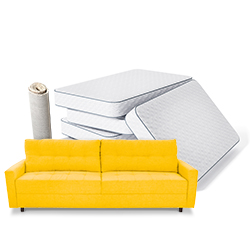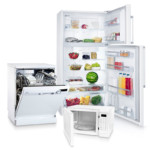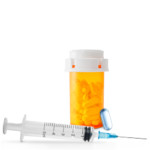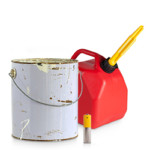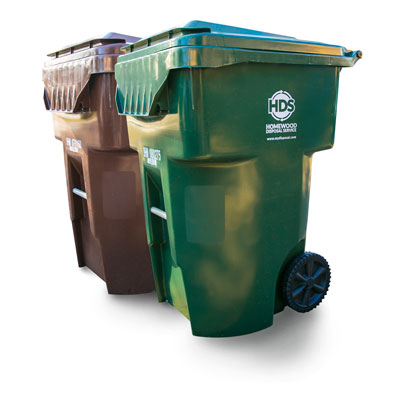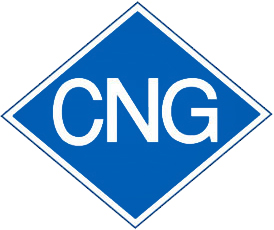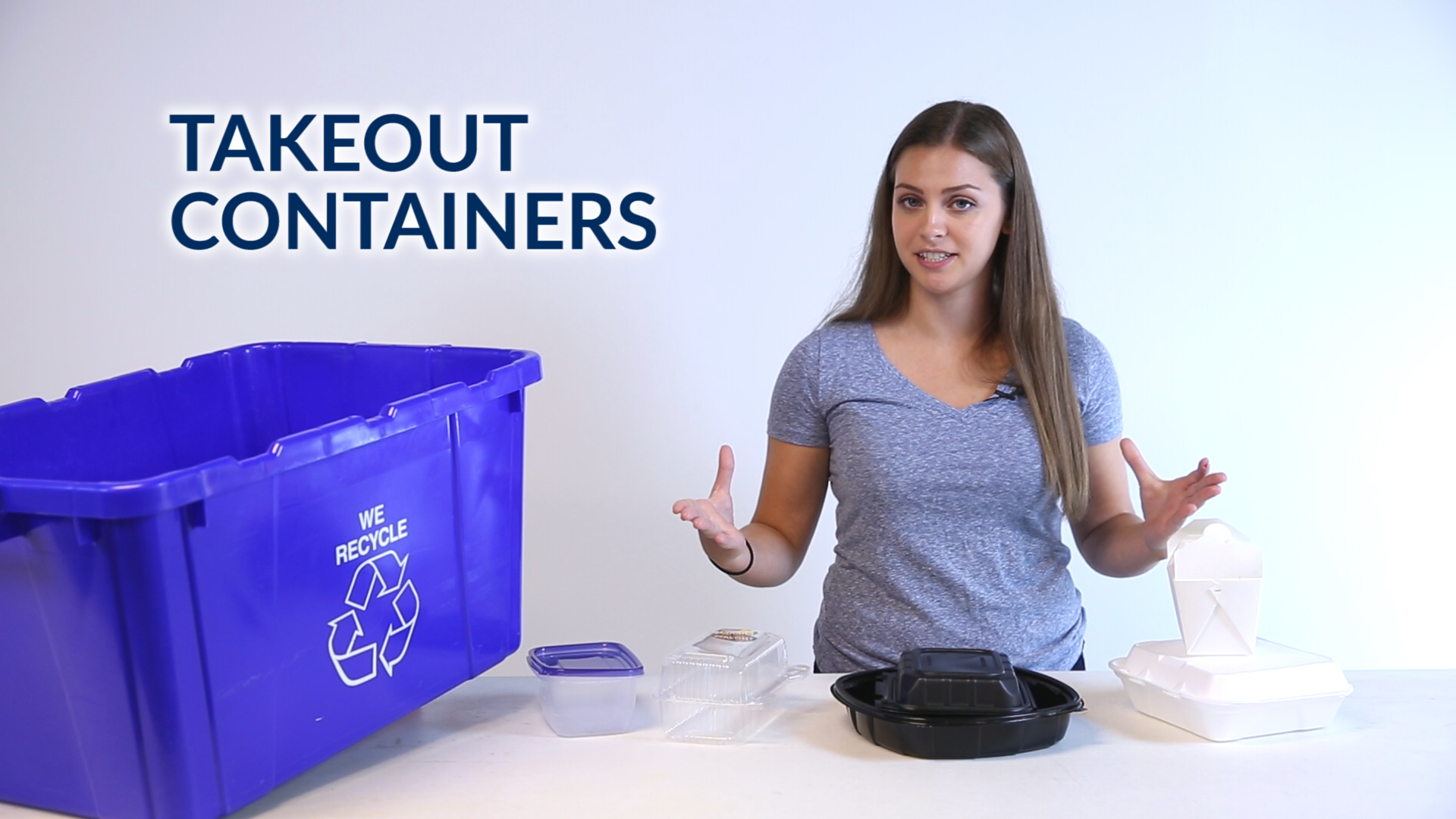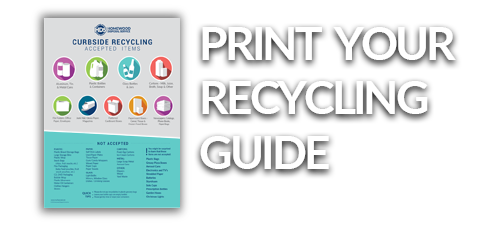How Do I Dispose of Hazardous Waste?
Hazardous waste items are not always the typical “skull and cross bones” icon we normally think of. They are not always hazardous to us, but they are hazardous to the environment if not properly disposed of. There are several quick and efficient ways of disposing them.
Please note, hazardous waste can be dangerous if not handled properly. If you are unsure about handling the items, please contact a professional.
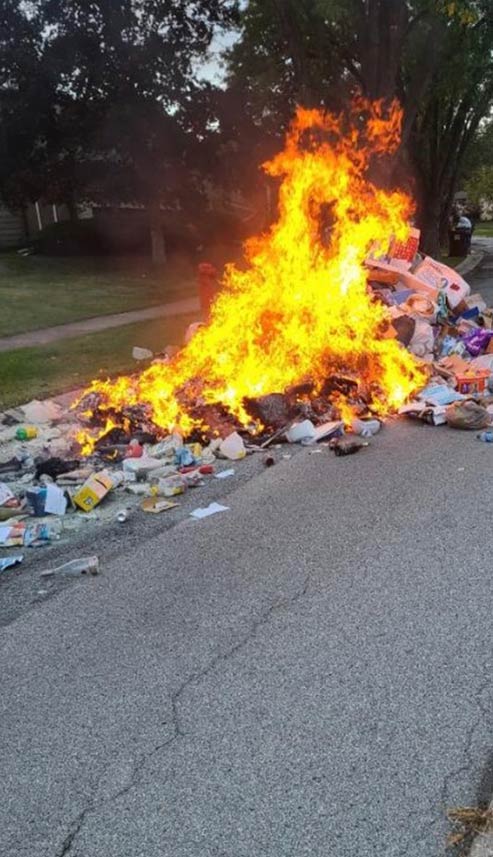
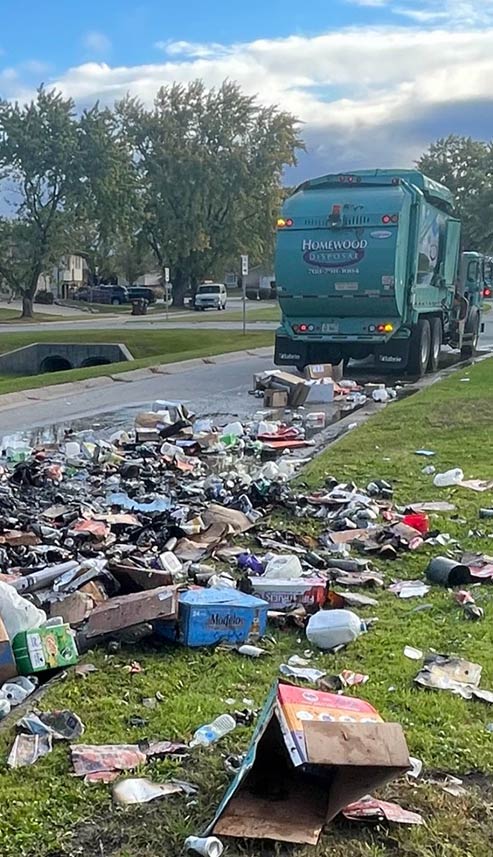
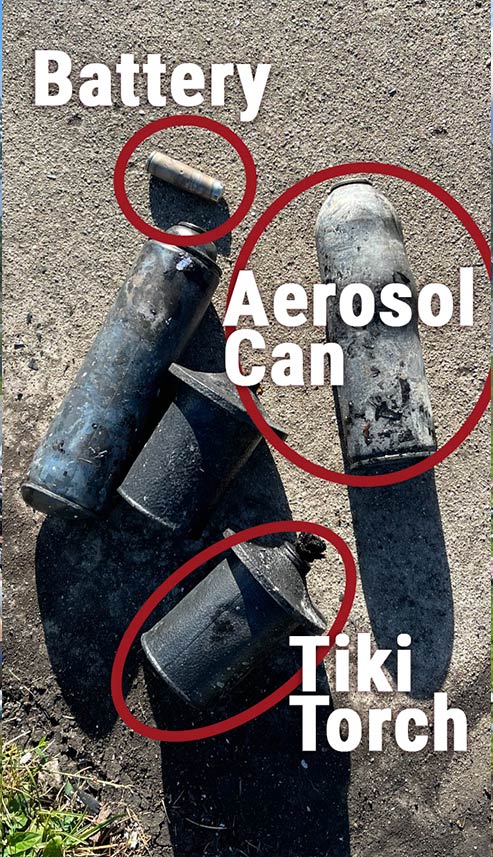
For the safety of your neighborhood and our drivers, please do not place flammable or hazardous materials in your curbside garbage cart. Above is an example of what happens when any of these materials are deposited in your garbage or recycling carts. The driver followed safety procedures and emptied the material onto the street for the fire department to easily access. The street was quickly cleaned up after the fire. These materials need to be specially disposed of during local neighborhood hazardous waste events or brought to hazardous waste collection locations.
How to Dispose of Hazardous Materials
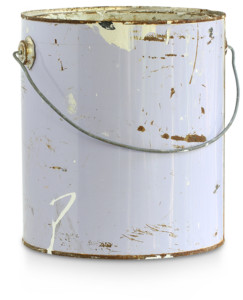

Paint Disposal
Proper paint disposal differs depending on the type of paint. Latex paint is non-toxic and can be disposed of with your regular garbage if it is in solid form. Remove the paint can lid to dry out the paint. To accelerate the drying process, place kitty litter, sand, or shredded paper in the can. Once the paint is in a solid form, place the paint cans next to your trash container with the lids removed. Oil-based paint is considered a hazardous waste and cannot be placed at the curb for pickup. Local hardware or paint stores may have a paint recycling program in place for both types of paint.
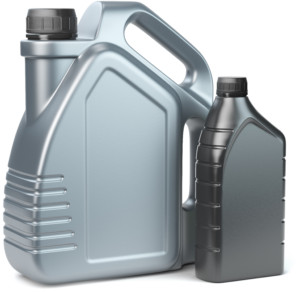

Motor Oil Disposal
Motor oil is a hazardous waste that is banned from recycling facilities and landfills. When disposed of improperly, motor oil can poison water supplies. In fact, just one gallon of used oil makes one million gallons of fresh water undrinkable. Thankfully, many mechanics and auto parts stores will accept used oil and oil filters for proper disposal. Please call your local car care business for more information.
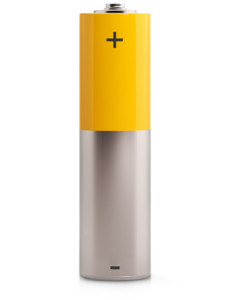
Household Battery Disposal
Lithium, rechargeable, and button batteries are hazardous waste and should never be disposed of in your curbside garbage or recycling programs. Placing lithium batteries in your curbside bins at home puts collection crews at risk. They are the leading cause of truck fires in the garbage and recycling industry. Many electronic and hardware stores offer drop-off locations to ensure proper recycling. Alkaline batteries are okay to put in your trash but should not be placed in your recycling cart. That being said, recycling is still an option. Many electronic and hardware stores will accept both alkaline and lithium batteries to ensure proper recycling.
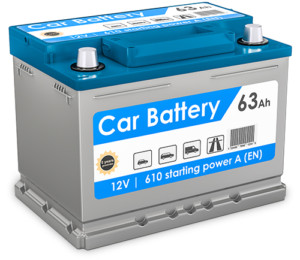

Car Battery Disposal
Like lithium household batteries, car batteries cannot be placed in your regular garbage or curbside recycling carts. Car batteries placed in the trash or recycling may cause fires or explosions in the back of disposal trucks. Many auto parts stores, scrap yards, or car dealerships will accept old car batteries and dispose of them properly.
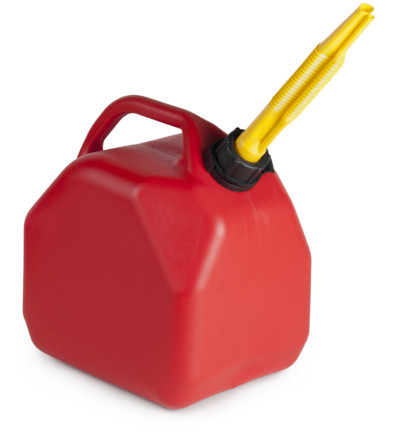
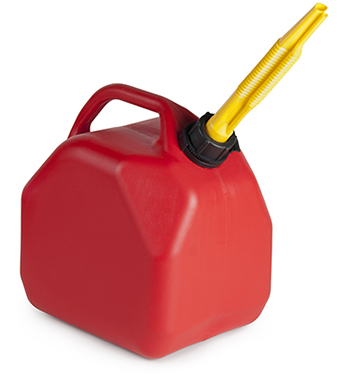
Diesel & Gas Disposal
Gasoline and diesel fuel are hazardous waste that should never go in your trash or recycling. Both of these liquids are flammable and pose a safety risk to the environment and your neighborhood garbage collector. Improper disposal of hazardous liquids leads to pollution in groundwater, drinking-water, and the air. To properly dispose of your gas or diesel fuel, please take it to your nearest Illinois Hazardous Household Waste Facility.
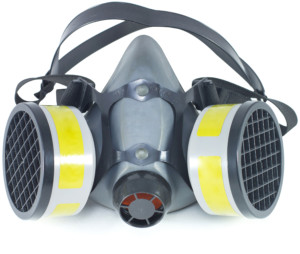

Asbestos Disposal
Asbestos is an extremely hazardous material and does not belong in your trash or recycling programs. Illinois Household Hazardous Waste Facilities are currently accepting asbestos from Illinois residential houses. For questions about asbestos removal, please contact the Illinois EPA Asbestos Unit for more details.
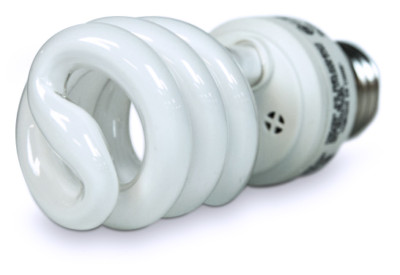
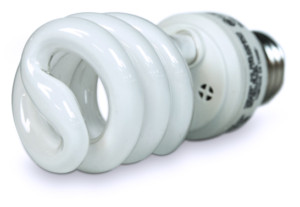
Light Bulb Disposal
CFL, or Compact Fluorescent Light Bulbs are hazardous waste and do not belong in your weekly trash or recycling program. These bulbs contain mercury and pose a safety risk to both the environment and disposal workers. Thankfully, many local home improvement stores offer CFL recycling programs. Please call your local home improvement stores for details. Older incandescent light bulbs are safe to dispose of in your regular garbage cart.
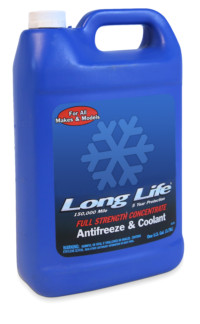
Antifreeze Disposal
Antifreeze is a hazardous material and should not be placed in your recycling or trash. Antifreeze causes serious problems with water quality and has a high potential of harming wildlife, humans, and pets. The liquid contains levels of dissolved toxic heavy metals. It is extremely important not to dump used antifreeze on land, in a ditch, septic system, storm drain, sanitary sewer, or a dry-well as just a small amount can contaminate thousands of gallons of water. To safely dispose of your used antifreeze, contact the Illinois EPA. The Illinois EPA hosts two household hazardous waste collection days per year, or your village may host hazardous waste clean-up events. Please contact either organization for more details.
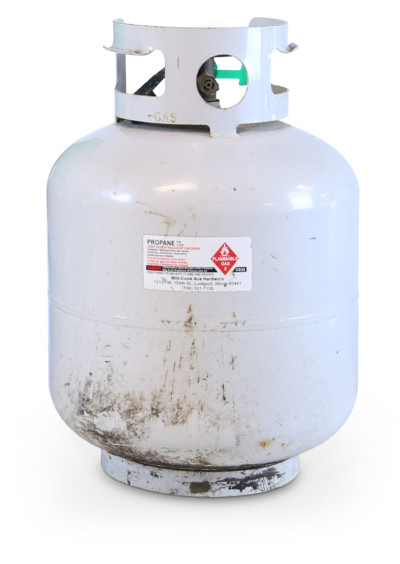
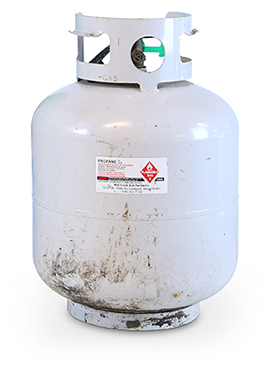
Propane Tank Disposal
Propane tanks are hazardous waste and should never be placed in your garbage or recycling. The tanks pose an extreme safety hazard that can put your garbage collector in danger. Propane tanks placed in the trash or recycling may cause fires or explosions in the back of disposal trucks. There are several safe locations who offer trade-in or disposal programs including most Walgreens and Ace Hardware locations.
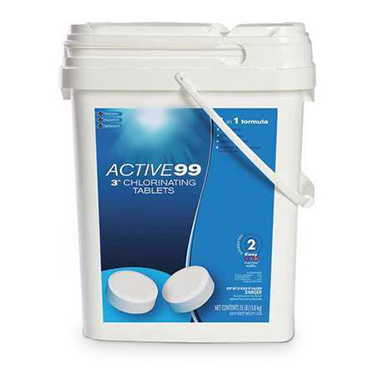
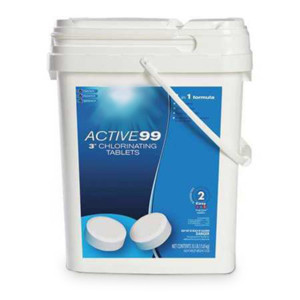
Pool Chemical Disposal
Pool chemicals are hazardous waste and should not be placed in your garbage or recycling. Many of these chemicals are highly corrosive and reactive and can cause skin irritation to your garbage collector, release poisonous gases, and even create chemical reaction explosions and fires in garbage trucks. The best way to dispose of them is through Household Hazardous Waste (HHW) facilities, or by checking with your local community pool or pool store for drop-off locations. The Illinois EPA hosts two household hazardous waste collection days per year.
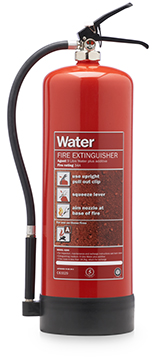
Fire Extinguisher Disposal
Fire extinguishers are considered hazardous waste because of their potential to explode in a truck or landfill. Please do not be place fire extinguishers at the curb in your garbage or recycling container. Improper disposal is dangerous to you as well as disposal employees. Thankfully, many local fire stations offer programs that will properly dispose of your fire extinguisher. Please call your local fire station for more details.
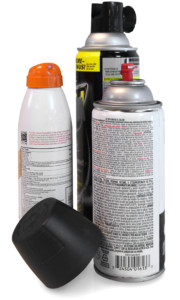
Aerosol Can Disposal
Pressured aerosol cans are hazardous waste and are not accepted in your curbside recycling or garbage program. They can only be thrown away when their contents are completely empty, the pressure has been relieved, and no air or gas will leave the nozzle. Aerosol cans pose a serious threat to garbage collectors, sorting facilities, and landfills. When punctured, they can explode or start a fire. To safely dispose of your pressurized aerosol cans, please visit a Household Hazardous Waste Facility. The Illinois EPA hosts two household hazardous waste collection days per year, or your village may host hazardous waste clean-up events.
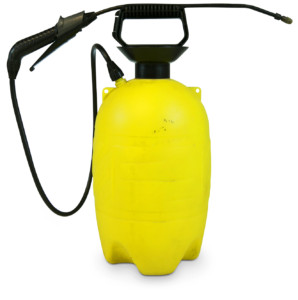

Pesticide Disposal
Pesticides are hazardous waste and should not be disposed of in your garbage, recycling, or down your drain. It is extremely important to dispose of pesticides in the proper manner. The best way to dispose of pesticides is through a Household Hazardous Waste (HHW) Facility. The Illinois EPA hosts two household hazardous waste collection days per year.
Additional Resources
Read Up on Recycling



